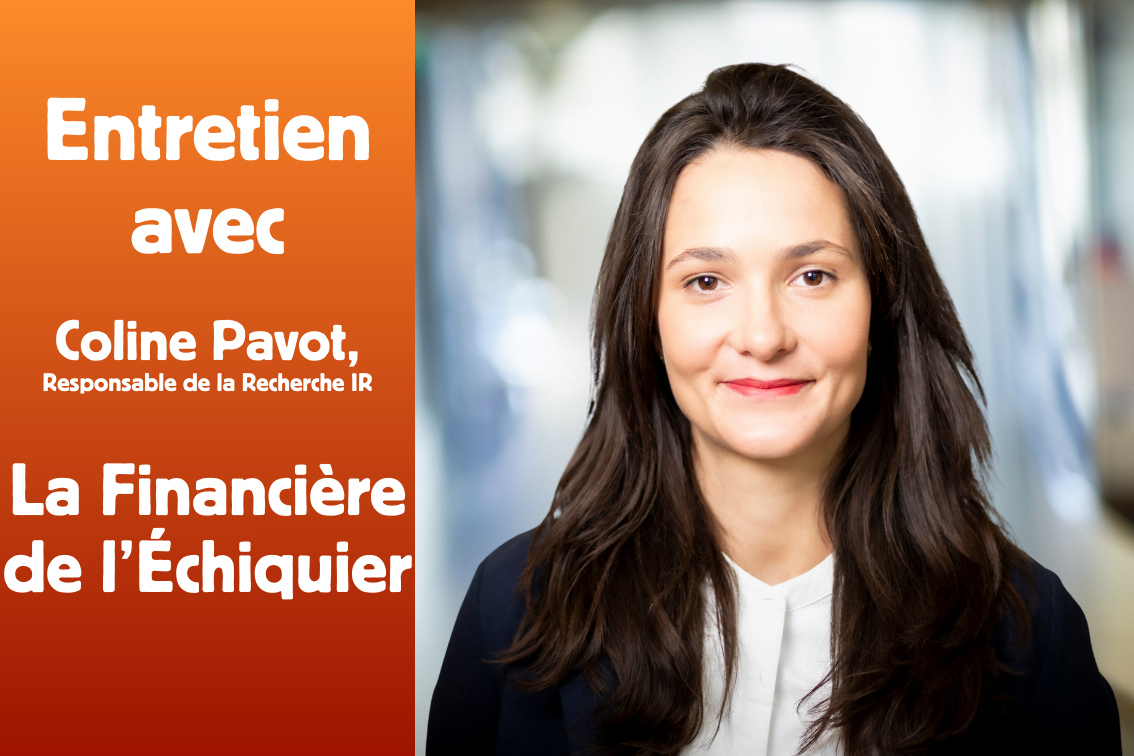This December is shaping up as the month of "green" finance. This theme is at the heart of Building Bridges in Geneva, a major event that brings together speakers from around the globe this week. The 2024 edition promises to be particularly complex, because green finance is not exactly in vogue these days. Behind the fine words, actions sometimes appear less glorious.
After a decline in sustainable investments observed in the United States earlier this year, Switzerland is facing a similar slowdown. A finance research institute based in Zug found that the growth of financial flows into investment funds that respect environmental, social and governance (ESG) criteria is currently no longer sufficient to catch up with that of traditional funds. During the autumn, the specialist platform Hazeltree also revealed that the world’s largest hedge funds preferred to bet against "green" technologies and sustainable development, while investing long-term in fossil fuels.
Given the context, we considered it timely to question actors - small and large - in finance about their relationship to sustainable investment. The answers from Coline Pavot, Head of Investment Research for La Financière de l’Échiquier.
What is your approach to so-called green finance?
It is longstanding. From the outset, La Financière de l’Échiquier (LFDE) has paid particular attention to ESG, notably governance. The integration of ESG criteria, sustainable finance and decarbonization are priorities for Groupe LBP AM, to which we belong and whose ambition is to become a European leader in sustainable finance. The complementarity of our approaches and the respective strengths of our teams, tools and methods will allow us to converge towards the highest standards.
We have notably launched several strategies, including one dedicated to climate and biodiversity, based on a qualitative analysis methodology of companies' climate and biodiversity strategies. This methodology is based on 3 or 4 pillars: governance, climate commitments, biodiversity engagement and a just transition, to which may be added a penalty related to environmental controversies, notably overfishing and deforestation. This penalty allows us to take into account companies' negative externalities.
What is your reaction when you hear that a large majority of hedge funds prefer to short their positions in renewable energies in favor of fossil fuels?
This movement is, in our view, opportunistic, as hedge funds are. As their name indicates, there is no opposition between the two activities. It is possible to do this within a dynamic of supporting the transition. It takes all kinds to make a world, and these different approaches meet the expectations of certain clients.
Investors with a long-term vision will be more interested in the overall performance of their investments than in pure economic logic.
How should one adapt investments in such an ambiguous reality?
Investment in funds is not our core business, so there is no exclusion from our list of partners. However, a group-wide Oil & Gas policy has been developed. This monitors the Oil & Gas policies of the funds in which we wish to invest, in order to progressively reduce our exposure to these activities.
This approach is consistent with our net zero trajectory. LFDE and LBP AM have been committed since March 2021 to the Net Zero Asset Managers Initiative (NZAM), which is regarded as the main climate objective for institutional investors. This joint commitment leads to the implementation of portfolio decarbonization strategies in order to achieve portfolio carbon neutrality by 2050.
This news raises a fundamental question: is the financial sector truly ready to sacrifice part of its profitability for the good of the planet?
You can't generalize: the sector is made up of a multiplicity of actors with varied objectives and investment horizons. Stock market performance is not necessarily correlated with the overall performance of companies, because it does not integrate the concept of negative externalities. Investors with a long-term vision will be more interested in the overall performance of their investments than in pure economic logic.
ESG criteria are increasingly struggling to convince; is it urgent to establish new standards?
This observation is linked to the macroeconomic context, notably the rise of political extremes, the energy crisis and global armed conflicts. This context has brought back to the fore the debate on exclusion approaches, particularly regarding fossil fuels and armaments. More generally, while those convinced of ESG remain so, opportunists have indeed deserted the field, probably to return when they see other opportunities there.
ESG criteria must be continuously consolidated. The entry into force of the CSRD directive should contribute to this. It is essential, in our view, to be very vigilant about the quality of the data, notably the differences between suppliers' data and that provided by companies. For asset management firms, managing a portfolio's climate risks is a challenge they are currently working on.
With the measurement of a portfolio's climate risks, the quantitative and qualitative analysis of companies' transition plans takes on full importance. This measurement provides a more forward-looking aspect than the simple monitoring of carbon emissions. That is why regulations, like the CSRD, push companies to produce and disclose the data necessary for its analysis by investors.
This article has been automatically translated using AI. If you notice any errors, please don't hesitate to contact us.




